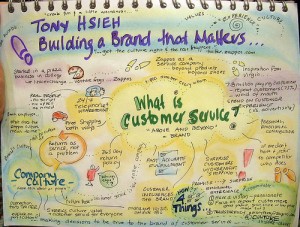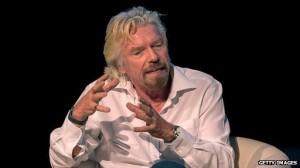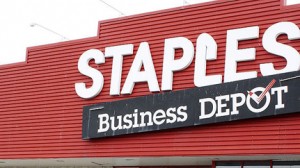No limits on length of calls with customers, a very lenient return policy and the ease at which employees can upgrade customers to VIP status all contribute to the exceptional customer service offered by Zappos, “America’s leading online shoe retailer.”
Now these tactics can be quite expensive on the firm, however do the costs outweigh the benefits? In the case of Zappos, who focus most of their attention on customer service, the advantages have exceeded the disadvantages.
Not only have they found that having good service helps retain customers, with the 160 hours of customer loyalty training their employees receive has also proven to improve their organizational culture within the business.
One thing that stuck out to me after reading this article was that a lot of business’ at times focus more on customer service and less on organizational culture. In fact, if the firms spends more time on helping to improve, diversify and strengthen their organizational culture, into a welcoming environment which favors equality and respects the time, wants and needs of everyone present in the working environment they may find it easier to provide better customer service. This is because employees will be more satisfied and motivated to do their job better.
Works Cited
Jacobs, Alexandra. “Happy Feet – The New Yorker.” The New Yorker. 14 Sept. 2014. Web. 29 Oct. 2014. <http://www.newyorker.com/magazine/2009/09/14/happy-feet>.
Shnall, Tal. “Does Your Company Have Culture Ambassadors?” Leadership Cafe. 20 May 2014. Web. 29 Oct. 2014. <http://leadershipcafe.org/2014/05/20/does-your-company-have-culture-ambassadors/>.
MLA formatting by BibMe.org.




